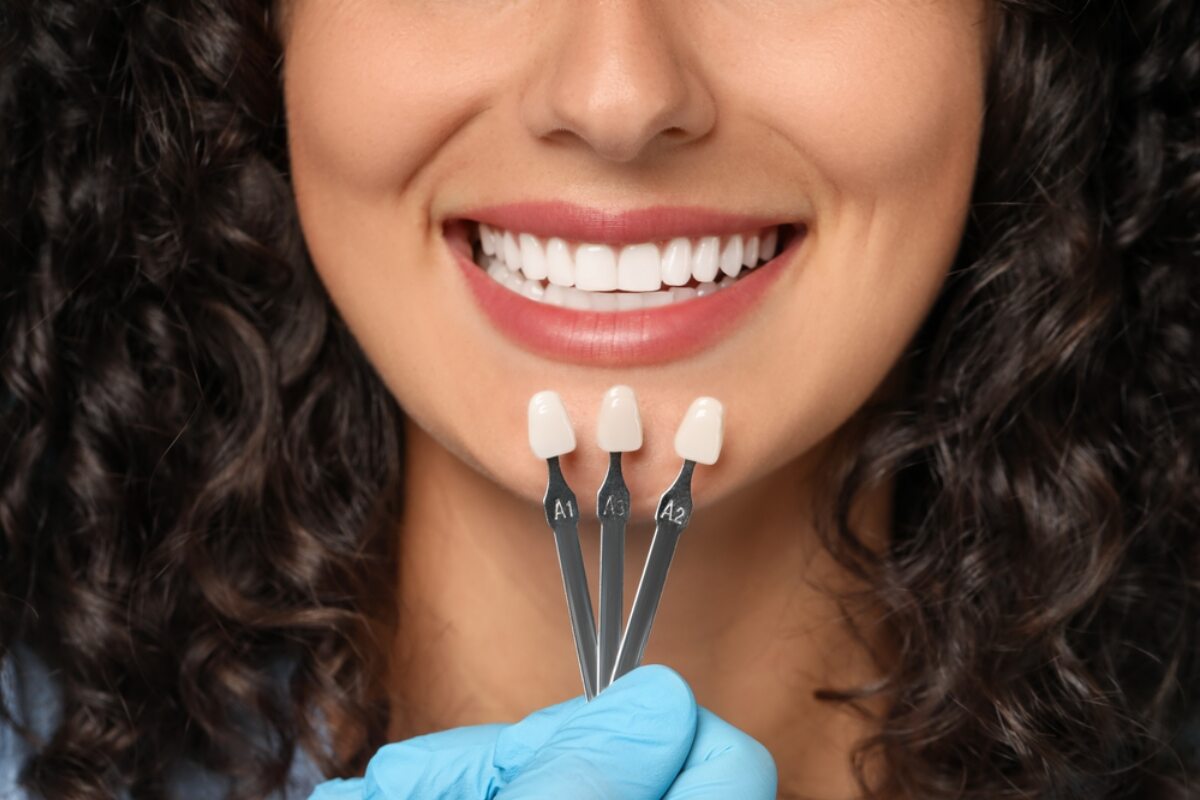When restoring lost, compromised, or significantly damaged teeth, dental crowns rank among the most dependable treatments. Crowning teeth strengthens them while returning an appearance and function indistinguishable from that of a natural tooth. If you are thinking about a dental crown treatment in Kitchener, AB, you may be asking about the various treatment options, and which material is most appropriate for your tooth. Since each crown material has its particular strengths and weaknesses, it is helpful to understand the details of these types of crowns before working with your dentist to plan treatment.
What Are Dental Crowns?
Dental crowns are custom caps that fit over the top of a tooth that has been weakened, and they serve to protect the tooth and improve its appearance.
Types of Dental Crowns
Let’s examine the most common types of dental crowns and how they compare and contrast.
1. Porcelain Crowns
Porcelain Crowns are a good choice for those looking for a natural looking tooth. Porcelain Crowns are often used for the front teeth, as they can be made to match existing teeth very closely.
Pros:
- Great cosmetic result
- Color matching to tooth color is natural
- Metal free, good for patients with allergies
Cons:
- Not as durable as metal dental crowns
- More prone to chipping or cracking
- Over time porcelain crowns can wear down opposing teeth
2. Metal Crowns
Dentistry Metal crowns are made out of gold, nickel or chromium alloys and have been used for decades because of their strength.
Pros:
- Very tough and durable.
- Wear and fracture resistant.
- Less tooth reduction is needed than with other crowns.
Cons:
- Visible metallic color, not befitting visible teeth.
- There are some metals that some patients can be allergic to.
3. Porcelain-Fused-to-Metal (PFM) Crowns
PFM crowns are made of metal and look like porcelain. They are also popular in front and back teeth.
Pros:
- Proper balance between toughness and beauty
- Harder than all-porcelain crowns
- Less expensive than all-ceramic crowns
Cons:
- The porcelain layer can be chipped up.
- Gums recede and a thin metal line may grow up around the gumline.
- Not so natural appearing as full porcelain crowns.
4. Zirconia Crowns
Zirconia is a new type of ceramic substance that is characterized by outstanding strength and toothlike looks.
Pros:
- Very tough and resistant to fracture.
- Biocompatible, eliminating the possibility of allergy.
- Very good looks, befitting any visible teeth.
Cons:
- May be offensive to tooth-oppositions.
- Costs more than conventional porcelain or metal crowns.
- It can be difficult to make changes after making the crown.
5. Composite Resin Crowns
These crowns are composed of the same material as tooth-colored fillings, but are a less expensive choice.
Pros:
- Less expensive than other types of crowns.
- Tooth-like appearance that is natural.
- Easy to repair if damaged
Cons:
- Weak, easily stained and worn.
- Not ideal for long-term use
- Better and more regular replacements might be required.
Porcelain vs Metal Crowns – Which Is Better?
Porcelain vs metal crowns is one of the most popular comparisons that patients would like to see. When appearance is your priority, then the most effective one is the porcelain crowns, as they are closely related to natural ones. But when strength and durability are of the most importance, and the chewing force is greater, particularly with back teeth, metal crowns could be superior. The answer is finally based on your needs, the location of the teeth and your budget.
Choosing the Best Dental Crown Material
In making the choice about the most best dental crown material, there are a number of factors that are put into consideration:
- Tooth position (front or back)
- wanted look and shade fit.
- Budget considerations
- Allergy issues (mechanical, in particular, with metal)
- Longevity expectations
These factors will be assessed by your dentist near you to prescribe the best type of crown.
Dental Crowns Pros and Cons
In order to capture the main ideas, the overall dental crowns pros and cons are following:
Pros:
- TOOSH- strengthens and reinforces the tooth.
- Enhances aesthetics
- Guarantees against additional injury.
- Lasts long when well maintained.
Cons:
- May be expensive with regard to material.
- Chipping risk, cracking risk, or wear risk.
- May should be replaced in a few years.
- Tooth sensitivity in the beginning.
- Types of Dental crowns explained.
Dental Crown Options Explained
Having this number of dental crowns options explained, the appropriate choice will be a matter of striking a balance between strength, appearance, and budget. Strict consultation with your dentist is the only way to be sure that your crown will not only uplift your smile but also will be comfortable and will provide protection during a long period of time.
Conclusion
Selecting an appropriate crown will be a humongous step towards a restored smile and guarded teeth. When you are ready to check out your possibilities, book an appointment at Laurentian Dental Centre. Their skilled staff would be happy to assist you in each process of your crown treatment and would enable you to have a healthy and confident smile.

